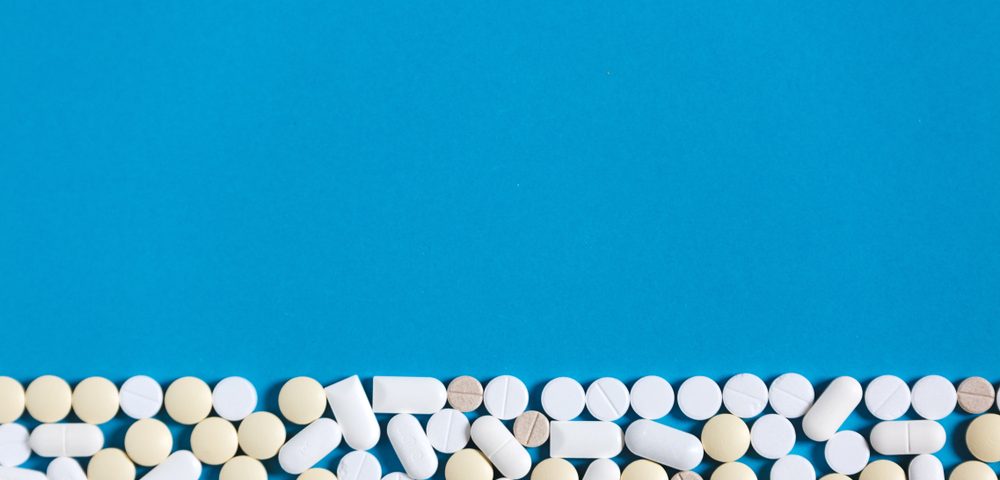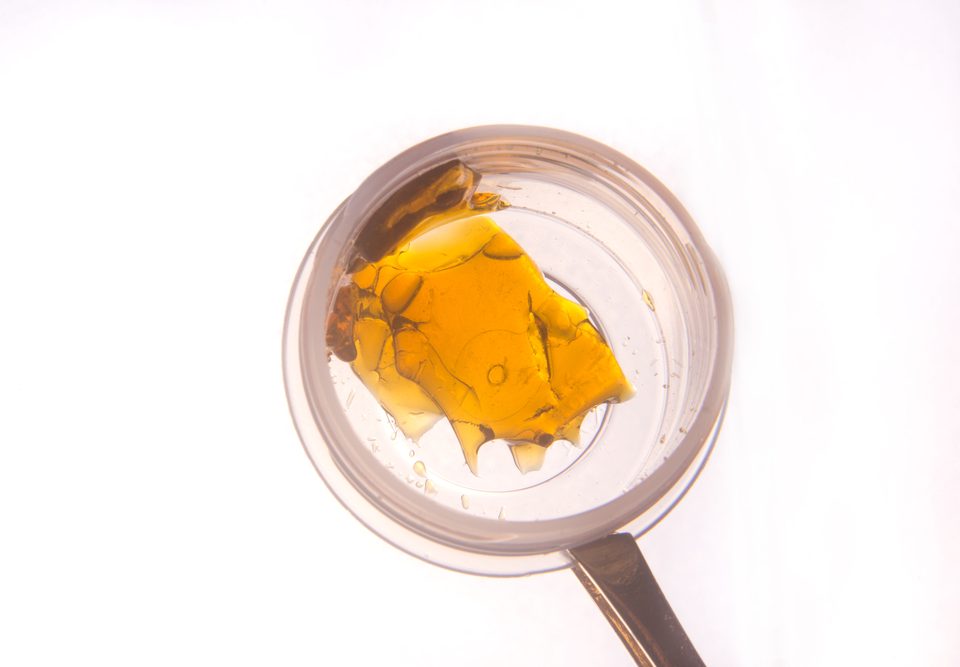
‘Money Doesn’t Grow on Trees’
May 13, 2021
Food as Fuel
May 15, 2021The three main points when educating parents about prescription drug misuse are the following:
Communicate with kids – Remember that children whose parents talk with them about the dangers of drugs and alcohol are 50 percent less likely to use those substances. Parents need to engage in “intentional conversation” and take advantage of teachable moments whenever something about drugs or alcohol is mentioned, for instance, on the news, TV or in a movie.
“Take the moment to broach the topic with your child,” she says. Remind them that non-medical abuse of a prescription drug is unsafe and let them know your expectations are that they will refrain from such activities. Try to listen, not lecture, and validate their feelings.
It’s also a good idea to have a prevention talk and role play with your child about how he can say no to someone—usually someone they know, perhaps well—who offers a pill or a drink.
“It’s overwhelmingly their friends who are going to be offering it,” “not the stranger in a trench coat on the corner.”
Tell your child to be assertive, let him know he has the right to say “no” and then prepare him for how he can say it. You might also consider drawing up a no-use drug policy for the family, which might say that no one will use illegal substances and no one underage age will consume alcohol. Have everyone in the family sign the contract, and then revisit the policy every six months or so to see if everyone’s staying on track.
“Through all of this, you’re teaching problem-solving skills that will keep them in good stead when you’re not around.”
Safeguard them from improper use – Keep all medicines and alcohol out of reach of children and be aware of the quantity you have.
“It’s just a matter of being responsible with something that is potentially dangerous if misused. It’s hard to stay on top of what kids will try, so it’s just really good to keep it all out of their reach and stay on top of what [amount] you have.”
Consider getting a lockbox; units are available for refrigerator storage, for mounting on a wall, and come in a variety of sizes.
Proper disposal – To avoid contaminating the environment, never flush any unused medications down the toilet or a sink drain. Ask your pharmacy if they have a take-back program, or check with your town or city to see if there are similar take-back programs or household hazardous waste programs, often one-day events, in place.
If you must dispose of a pill with your residential refuse, crush it first and then mix it with used coffee grounds, egg shells or kitty litter to make render it unpalatable and essentially useless.
For more information on Prescription Drugs grab that issue of MASK The Magazine
MASK the Parenting Magazine a quarterly publication providing solutions for Today’s Families.
The parenting manual offering solutions to the modern-day challenges families face. From Pre-K
through College stay up to date on the modern day issues families face.
Are you up to date on the issues your child is facing?
MASK Mothers Awareness on School-age Kids offers parenting solutions for today’s families. MASK tackles important topics – from drugs and alcohol to bullying and Internet safety -and gives students, parents and the community the knowledge and tools to manage these potential challenges.
Subscribe today! https://www.maskmatters.org/product/mask-the-magazine/
Download and share the MASKmatters app now! Made for children, parents, teachers and in Spanish.
Have solutions at your fingertips
Available free on apple and google play links below
Apple https://apps.apple.com/us/app/maskmatters/id1482305692
Google Play
https://play.google.com/store/apps/details?id=com.maskmatters.maskmattersapp&hl=en_US&gl=US




